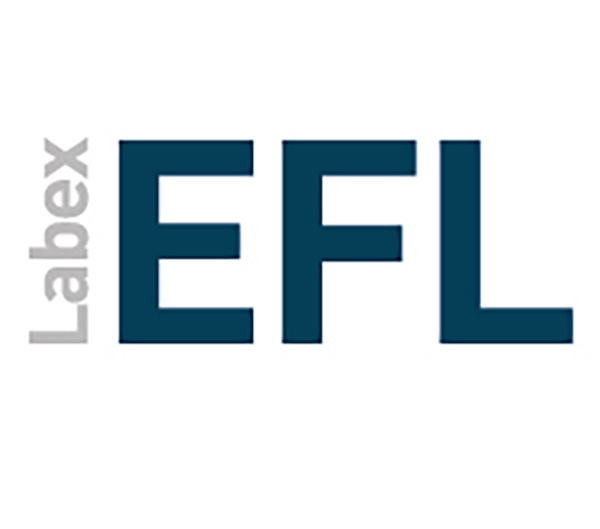Eimear Maguire
Ancien doctorant
Status : Doctorant
Address :
LLF, CNRS – UMR 7110
Université Paris Diderot-Paris 7
Case 7031 – 5, rue Thomas Mann,
75205 Paris cedex 13
E-mail : rvzrne.naar.znthver@tznvy.pbz
Thèse
Title : Conditionals in the Wild
PhD Defense : 2021-12-17
Inscription : 2016 à University of Paris
Jury :
- Daniel Lassiter (rapporteur), Stanford University
- Laia Mayol (rapportrice), Pompeu Fabra University
- Heather Burnett (examinatrice), CNRS
- Igor Douven (examinateur), CNRS, Université Paris 1
- Jonathan Ginzburg (directeur de thèse), Université de Paris
Abstract :
Conditionals have been a subject of great interest for decades, across a spectrum of theories, ranging from informal analysis, to formal semantics and philosophy, to the study of human reasoning. Formal semantic work has typically drawn on well-constructed problem cases, with additional support from psychological work where conditionals are used in controlled experimental stimuli.
The broad goal of this thesis is to better connect a formal model of if-conditionals to conditionals as they appear in spontaneous natural speech – conditionals, as it were, in the wild.
The general approach is dialogical, grounded in corpus data from spoken interaction. The formalisation uses the dialogue modelling framework KoS, which itself uses Type Theory with Records as an underlying framework. This allows for a rich, heterogeneous representation of context and the simultaneous representation of multiple linguistic levels.
The structure of the thesis is as follows. After theoretical context and introduction of the formal framework, a corpus study is presented on non-embedded if-clauses in spoken English across a number of settings, and their functional and formal variation. In addition to canonical conditionals (that is, an if-clause subordinate to an indicative clause), this includes if-clauses which appear to be consequentless, or which have non-clausal consequents. Noting the function of conditionals in argument and demonstrations of reasoning, they are identified as a device for expressing an argument based on a non-logical general principle (an enthymeme based on a topos). The felicity of conditionals via enthymeme identification, and licensing of topos-recognition from antecedent and consequent content, are modelled – in doing so, a formal treatment of enthymemes and topoi which models them as Bayesian networks is presented. Formal variation in conditionals is taken up again and if-clauses which lack a consequent or which have a non-clausal consequent are analysed, with a focus on metalinguistic uses on sub-utterances, which cannot be explained by an underlying canonical conditional. Lastly, a synthesis connects the implications of the previous chapters to the truth-conditional semantics of conditionals.






